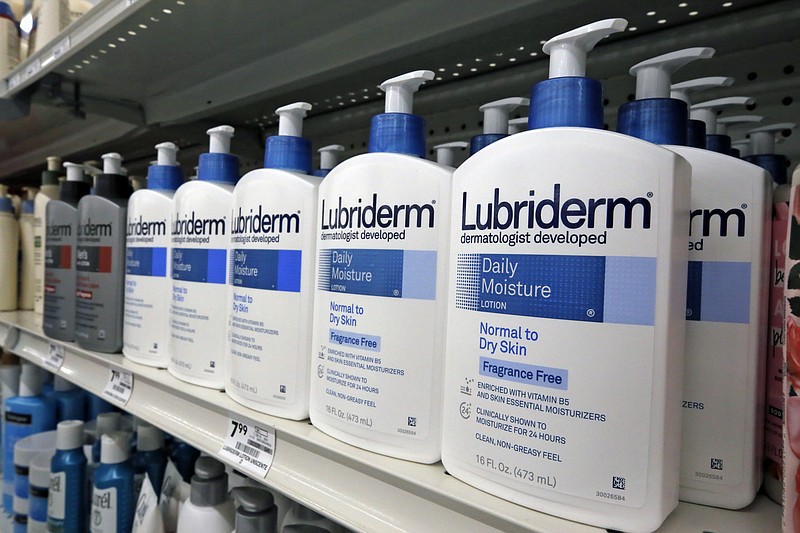A big jump in prescription drug sales, particularly overseas, helped Johnson & Johnson swing to a large fourth-quarter profit after posting a huge loss a year earlier, when it took a $13.6 billion charge related to the late-2017 U.S. tax overhaul.
The world's biggest maker of health care products also benefited from an effective tax rate of 2.6 percent for the latest quarter, amounting to just $80 million. That was the main reason J&J topped Wall Street profit expectations, Credit Suisse analyst Vamil Divan wrote to investors.
The company also reported lower spending on research and development, restructuring and interest charges. But currency exchange rates have swung from boosting revenue to a drag, reducing revenue by 2.3 percent in the quarter.
The maker of baby shampoo and biotech drugs on Tuesday reported net income of $3.04 billion, or $1.12 per share, for 2018's fourth quarter. A year earlier, J&J reported a rare net loss - $10.71 billion, or $3.99 per share. That was due to the $13.6 billion charge, for a tax payment on years of accumulated foreign earnings amounting to more than $66 billion, brought back to the U.S. at low tax rates.
Earnings in the latest quarter, adjusted for one-time gains and costs, came to $1.97 per share, 2 cents better than expected.
The New Brunswick, New Jersey-based company said revenue totaled $20.39 billion, 1 percent above 2017's fourth quarter.
J&J's prescription drug business saw sales jump 5.3 percent to $10.19 billion. Sales of cancer drugs including Darzalex, Imbruviga and Zytiga jumped 22 percent to a total of $2.49 billion, and sales of Remicade, Simponi and Stelara, for rheumatoid arthritis and other immune disorders, rose 8.3 percent to a total of $3.34 billion.
"We promised improved performance in 2018, and we delivered," Chief Executive Alex Gorsky told analysts during a conference call.
